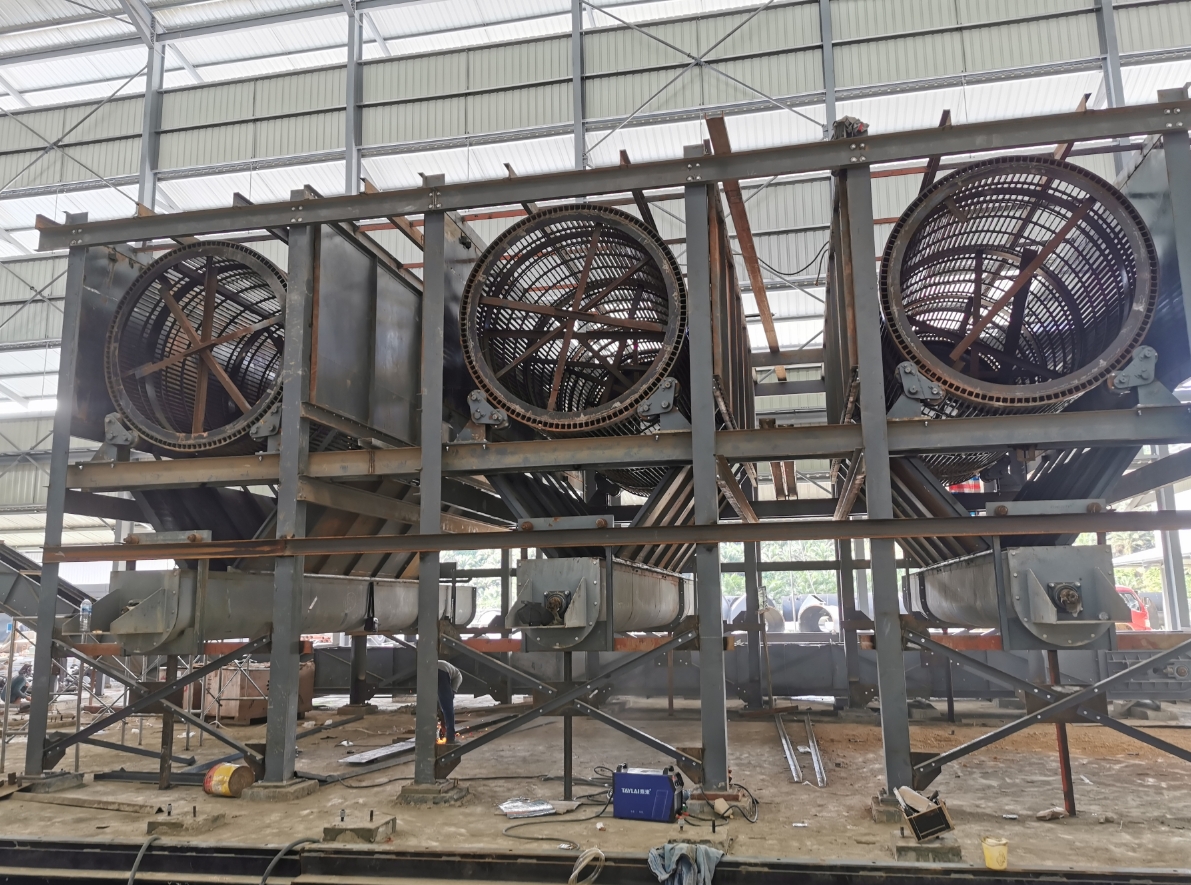
Today, the third-generation intelligent palm oil mill designed and constructed by Yahua Group in Pontian District, Johor State, was officially handed over for operation. The plant, with a total investment of 380 million Malaysian ringgit (approximately 80 million US dollars), employs internationally leading low-carbon technology. It is expected to process 1.2 million tons of fresh fruit bunches (FFB) annually and produce over 500,000 tons of refined palm oil, significantly enhancing Malaysia's capacity to supply sustainable palm oil to European and Chinese markets.
Technical Highlights: Balancing Automation and Environmental Protection
The new factory is equipped with a fully automated sorting system and AI-driven pressing production lines, achieving a 40% increase in production efficiency compared to traditional equipment. Its closed-loop water treatment system enables 95% recycling of production water, and it features Southeast Asia's first palm oil pressing methane recovery power plant, reducing carbon emissions by 21,000 tons annually—equivalent to planting 300,000 trees. The factory has obtained the highest level of certification from the Roundtable on Sustainable Palm Oil (RSPO).
Driving Regional Economy and Green Agriculture
The project created over 800 jobs during the construction phase and will employ 350 local staff on a long-term basis after production begins. The factory has signed targeted procurement agreements with over 200 small-scale plantations in the surrounding area, using a “blockchain traceability platform” to ensure that fresh fruit bunches meet the zero-deforestation commitment, helping smallholder farmers increase their income by over 15%.
Government-Enterprise Collaboration to Strengthen Palm Oil Competitiveness
During the handover ceremony, Datuk Seri Wong Siew Hock, Minister of Plantation and Commodities of Malaysia, stated: This factory is a flagship project under Malaysia's ‘2025 Palm Oil Industry Upgrade Blueprint,’ and its green technology exports will solidify our country's leadership position in the global sustainable palm oil market." Fengyuan Holdings CEO Haji Suhaimi revealed that the first batch of products will be supplied to a European multinational food company, and the company is currently in discussions with Chinese grain and oil companies for long-term cooperation.
Future Plans
Fengyuan Holdings plans to replicate this model in Sabah State over the next three years, establishing a nationwide low-carbon palm oil production network, while simultaneously advancing research and development of palm biomass fuel (B20) to align with Malaysia's National Energy Transition Plan.